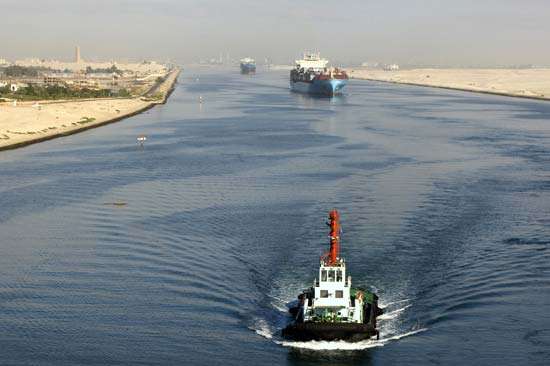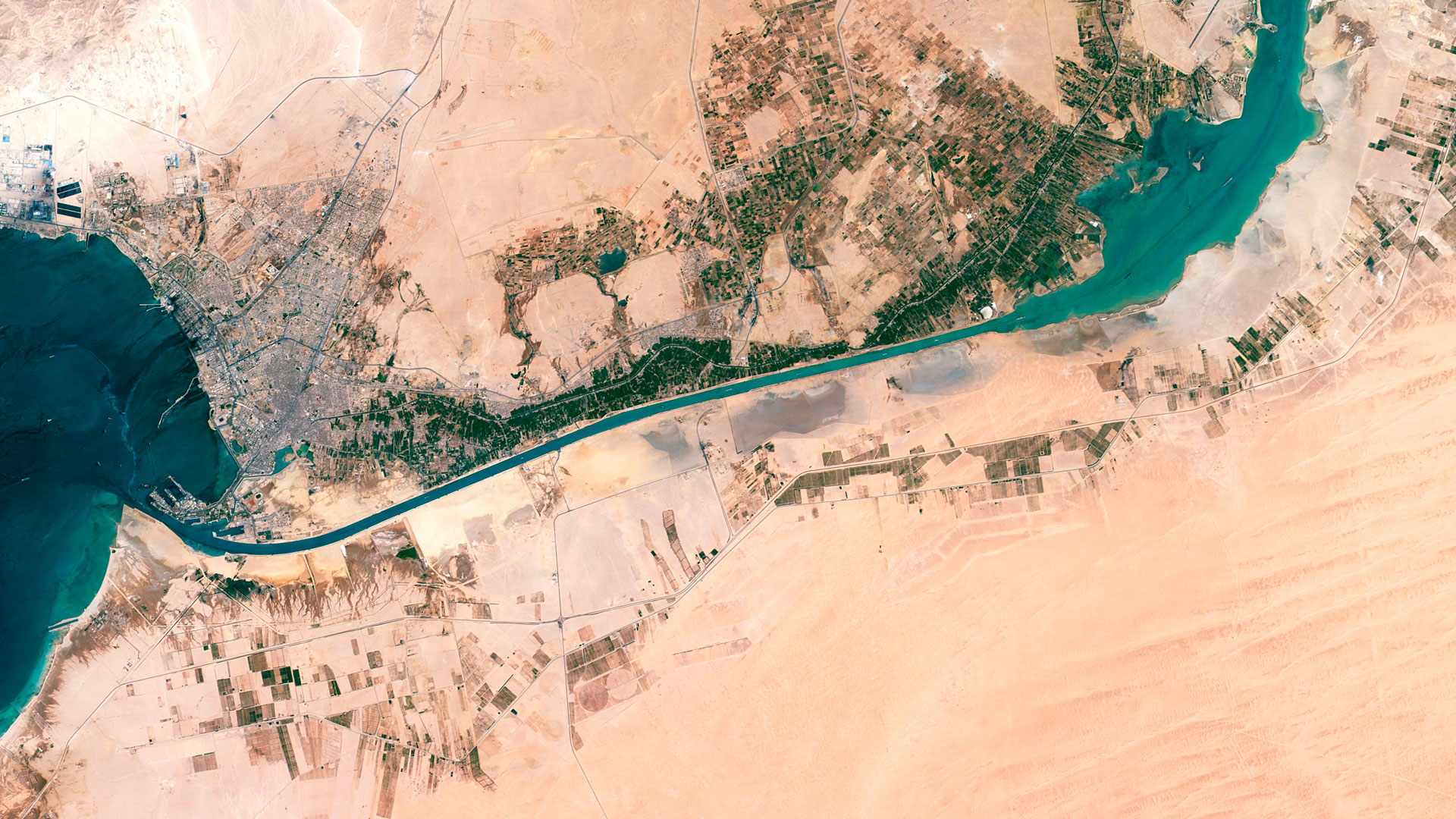The geo-political academic landscape is currently dominated by China’s One Belt One Road initiative. Often viewed as part of the country’s expansionist policy, OBOR aims at reviving the silk routes, lost in the pages of history; and establishing new ones to reinstate commercial authority. Significant to this is mapping out the shortest trade routes around the world. In this regards then, OBOR is no different from what the world has been attempting to do since 19th century albeit at a larger scale; when the French and Egyptians together constructed the Suez Canal, and British partaking in exploiting this geographical chokepoint.

Suez Canal revolutionized the international trade, connecting Asia and Far East to Europe in one stroke. It brought back the Egyptian glory with respect to military, economic and political assets. Originally financed by the French, the British bought stakes in 1870s and eventually began controlling the canal and later puppeteering Egypt and other Middle Eastern countries. A powerful key to control the world, the canal soon featured in the British imperial thought, notwithstanding its vulnerabilities.
Just as the rise of Europe had sparked a fierce battle for power, rise of Middle East too contributed to the same, with Suez Canal being fundamental to the entire process. Though a powerful key to control the world’s oceans and trade, there was always a possibility to succumb to the enemy attacks. Now with free flow of oil in West Asia, the canal’s strategic importance was cemented early on in the 20th century.
However, in order to channelize the funds for construction of Aswan Dam, the then President of Egypt- Gamal Abdel Nassar, nationalized the Suez Canal Company. Viewed as a hostile measure by France and UK, international crisis and later a military intervention ensued. In a diplomatically charged atmosphere then it was the US which successfully put an end to this bottleneck- enabling the canal to be reopened for global trade.

Since reopening, the canal has contributed significantly to the Egyptian economy through trade tax levied on the passing ships. Additionally, the Suez is considered as a strategic tool for Egypt, who as and when can opt to close this trade route to maneuver other countries like Israel to meet its diplomatic goals. In the recent years then, Suez indeed has bolstered Egypt as the geo-political cornerstone of the Middle East.
Suez Canal can be seen as just a case in point, representing the various geographical chokepoints serving as political, economic cum military fulcrum of the world. China recognizing this very strategic significance of the Suez has continuously invested directly in the region thereby strengthening China- Egypt bilateral trade links. No doubt, given the enhanced engagement of Chinese in the Middle East, the Suez Canal forms a significant part of its 21st century Maritime Silk Road. In a situation then where China might need to choose allies or enemies, it can for once endanger its European relations but not those of Middle East- with Suez streamlining its decision.
